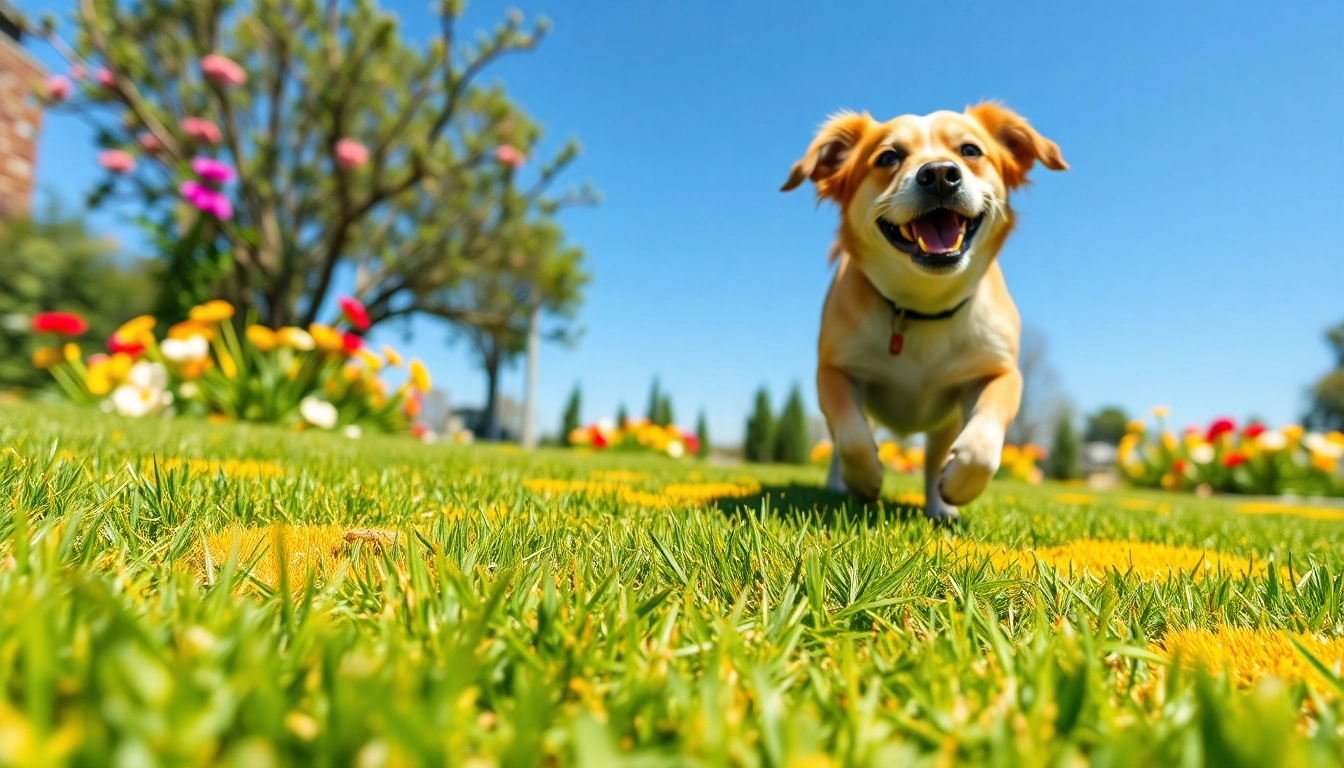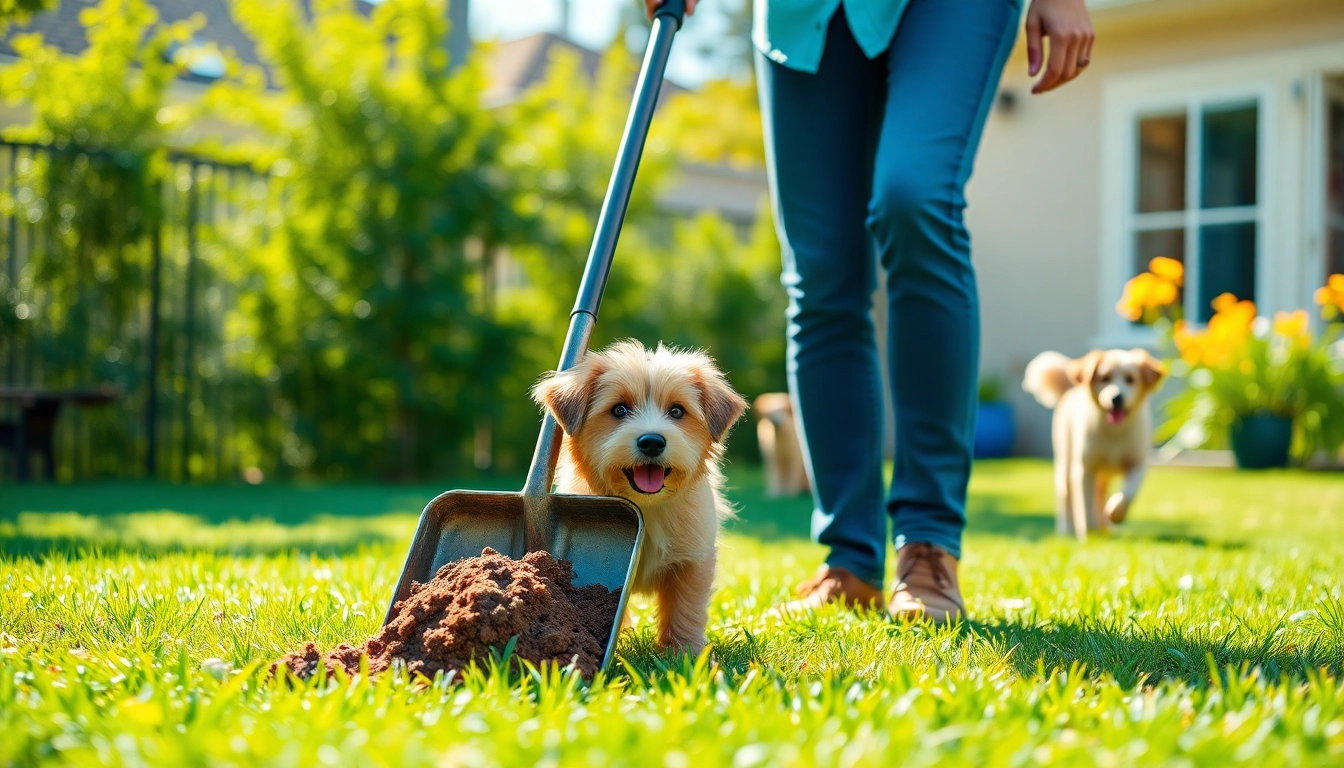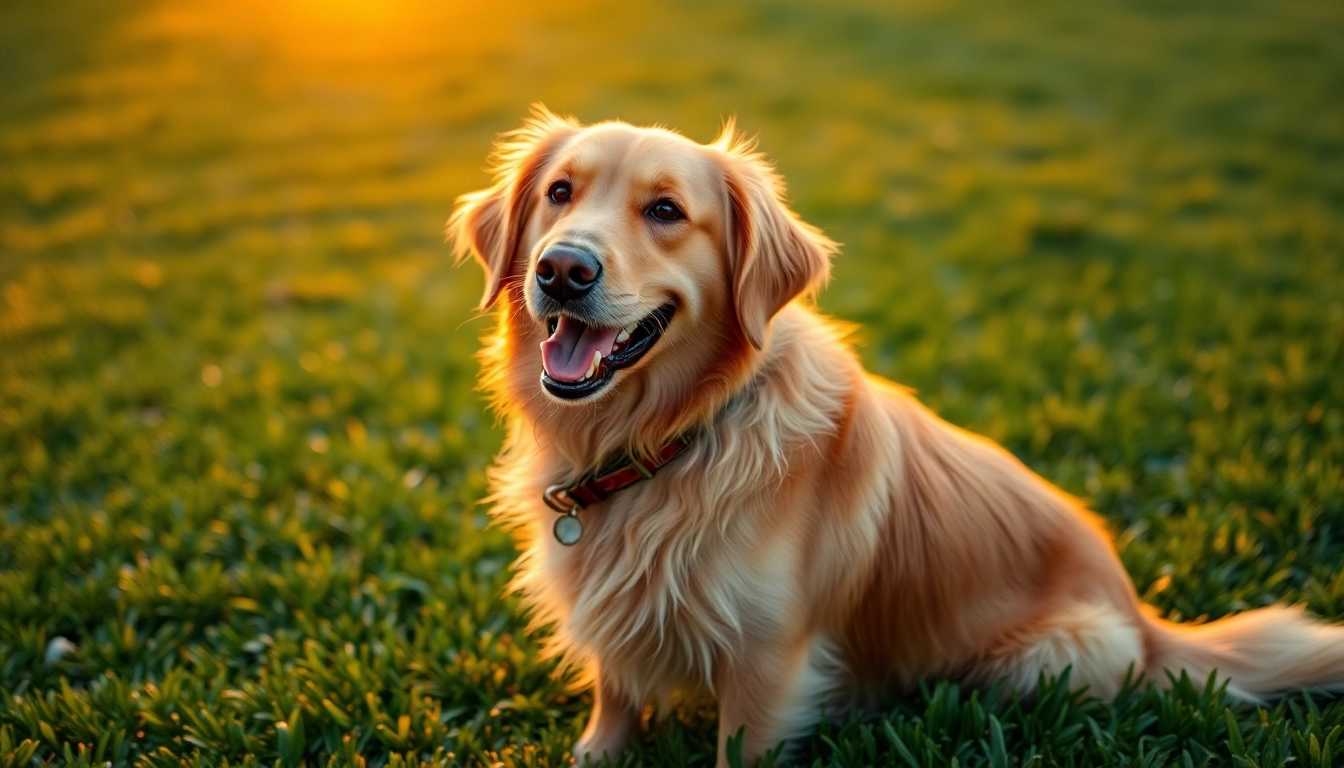Understanding the Causes of Dog Pee Smells Bad
Many pet owners have encountered the unpleasant aroma of dog urine, leaving them wondering why dog pee smells bad and what they can do to mitigate it. Understanding the underlying causes of this issue is the first step towards finding effective solutions. The unique chemistry of dog urine, environmental factors, and common misconceptions all contribute to the intensity of the odor.
The Chemistry Behind Dog Urine
Dog urine is not merely a liquid; it contains a complex mixture of substances that contribute to its distinct smell. The primary constituents include urea, uric acid, creatinine, and various metabolites that are byproducts of protein metabolism. Urea is formed from the breakdown of proteins and can produce a foul smell when it decomposes. Uric acid, while less volatile, can form crystals that linger after the urine has dried, leading to persistent odors.
Additionally, the presence of bacteria plays a significant role. When urine is deposited on surfaces, bacteria begin to feed on the urea, which can lead to the production of ammonium, further enhancing the odor. The decomposition process can vary greatly between dogs, as factors such as diet, metabolic rate, and hydration levels can all affect the chemical composition of the urine and thus the intensity of the smell.
Factors That Intensify Odors
Several factors can exacerbate the unpleasant smell of dog urine. One of the most significant is hydration. A dog that is not adequately hydrated may produce more concentrated urine, leading to a stronger odor. Additionally, certain diets, particularly those high in protein or certain types of meat, can alter the smell of urine. Similarly, medical conditions such as urinary tract infections can significantly affect the odor. If you notice a sudden change in your dog’s urine smell, it may be worth consulting a veterinarian.
Environmental factors also play a role. Warmer temperatures can hasten the decomposition of urine, causing odors to become more pronounced. Additionally, surfaces onto which urine is deposited can absorb odors. For example, porous materials like carpets and woods can retain urine and its smell even after the liquid is cleaned up, making effective cleanup even more crucial.
Common Misconceptions About Dog Urines
There are several misconceptions surrounding dog urine that can affect how pet owners approach cleaning and maintaining odor-free spaces. One common myth is that simply using water to dilute the urine will suffice in removing the smell. While it may seem logical that washing the area with water can help, it often only pushes the urine deeper into fibers or porous surfaces, where odor-causing bacteria can continue to thrive.
Another misconception is that all cleaning products are equally effective against dog urine smells. While some household cleaners may neutralize the surface odor, they can fail to eliminate the underlying causes. Effective urine cleanup often requires specific enzymatic cleaners designed to break down urea and uric acid, preventing the odor from returning.
Identifying the Best Cleaning Products for Dog Pee Smells Bad
Once the sources of odor are understood, pet owners can make informed choices about cleaning products. There are many options available, and selecting the right product can help alleviate the problem of dog pee smells bad.
Eco-Friendly Options for Pet Owners
For those who prefer a sustainable approach, eco-friendly cleaning solutions can be very effective. Many commercial products are now designed to break down pet odors without harmful chemicals. These products often use plant-based enzymes that target urine and feces odors directly.
Additionally, homemade solutions like vinegar and baking soda can be employed. Mixing equal parts of vinegar and water can help neutralize odors effectively, and sprinkling baking soda on the affected area can absorb residual smells. Letting it sit before vacuuming can yield excellent results.
Comparing Store-Bought vs. Homemade Solutions
When deciding between store-bought and homemade cleaning solutions, there are several factors to consider. Store-bought products often undergo rigorous testing to ensure effectiveness, quickly targeting specific odors with proven formulations. In contrast, homemade solutions can be cost-effective and free of harmful chemicals, though their effectiveness may vary depending on the materials used.
It can be helpful to experiment with both options to determine what works best for your particular situation. Many pet owners find that a combination of store-bought enzymes for tough stains and homemade solutions for regular maintenance works effectively.
Choosing the Right Equipment for Effective Cleaning
Having the right tools can make a significant difference in your cleaning efforts. For surfaces like carpets or upholstery, a steam cleaner can be a valuable investment. These machines not only clean but also sanitize and deodorize, making them excellent for removing deep-set odors.
For outdoor cleaning, especially on lawns and patios, a pressure washer can help remove urine stains and odors from hard surfaces. Always ensure that your cleaning equipment is rated for the surface you are targeting to avoid damage.
Practical Steps to Neutralize Dog Pee Smells Bad
After identifying the best cleaning products, implementing practical steps to neutralize odors is essential.
Immediate Cleanup Techniques
Speed is critical when dealing with dog urine. The longer it sits, the stronger the smell can become. As soon as you notice an accident, use absorbent materials like paper towels or cloth to blot the area. Do not rub, as this can push the urine further down into carpets or fabrics.
Once the area is blotted, apply your chosen cleaning product, whether homemade or store-bought. Allow it to sit for the time recommended by the manufacturer to effectively break down the uric acid components.
Implementing Regular Maintenance Routines
Regular maintenance is vital in keeping odors at bay. Establish a cleaning schedule that includes both routine cleaning of areas where your dog frequently eliminates, as well as periodic deeper cleans involving steam cleaning or enzymatic treatments. Regularly inspecting your landscaping for any lingering odors can help maintain a fresh environment.
Additionally, monitor your dog’s habits. Train them to use a designated bathroom area outdoors. This not only helps with clean-up but can also keep odors centralized, making them easier to manage.
Using Odor Neutralizers Effectively
Odor neutralizers can play a crucial role in maintaining a fresh-smelling home. After cleaning areas affected by urine, using a quality odor neutralizer can help to mask residual smells. Look for products specifically designed for pet owners, as these often contain powerful enzymes that eliminate odors rather than merely masking them.
For outdoor areas, consider using a commercial odor neutralizer designed for use on lawns or patios. This can help mitigate any lingering odors from frequent pet elimination in those spaces.
Long-Term Strategies to Prevent Dog Pee Smells Bad
Long-term strategies are essential in preventing the odors associated with dog pee, enabling you to maintain a pleasant living environment.
Designing a Pet-Friendly Landscape
Designing a pet-friendly outdoor space can significantly influence how odors permeate the environment. Consider using synthetic grass in areas where your dog frequently eliminates. This can minimize odors since synthetic materials are easier to clean and do not absorb waste.
Implement natural barriers or designated elimination zones using gravel or sand, which can absorb odors more effectively than grass or traditional landscaping.
Training Your Dog to Minimize Damage
Effective training can greatly reduce accidents in your home. Establish a routine for bathroom breaks and reinforce positive behaviors when your dog goes outside. Utilizing commands or cues will help your dog understand when and where they are expected to eliminate.
Consistency is key. Young puppies will need frequent breaks, while older dogs may have longer intervals between bathroom trips. Understanding your dog’s needs will make it easier to prevent accidents.
Best Practices for Outdoor Cleaning
When it comes to outdoor cleaning, proactive measures should be taken to ensure that odors are kept to a minimum. After your dog eliminates, immediately clean the area if possible. For grass or soil, spraying the area with water can help dilute the urine.
Routine checks of the yard can prevent buildup of odors. Consider using an enzymatic cleaner specifically designed for outdoor use periodically. This can help to break down the waste more effectively and keep your outdoor environment pleasant.
When to Seek Professional Help for Dog Pee Smells Bad
In some instances, pet owners may find that home remedies and cleaning efforts are not sufficient. Knowing when to seek professional help is crucial for maintaining a clean and odor-free environment.
Signs You Need Expert Cleaning Services
Several signs indicate that it may be time to call in the professionals. Foul odors that persist despite regular cleaning, discoloration of carpets or fabrics near the urine area, and stains that refuse to lift are all signs that deeper cleaning is required.
If you notice frequent accidents and unusual behavior in your pet, such as increased marking or signs of discomfort, there may be underlying health issues that need to be addressed by a veterinarian.
Understanding the Cost of Professional Solutions
The cost of professional cleaning services can vary widely. Factors include the size of the area being treated, the severity of the odor, and the type of cleaning methods employed. While there is an upfront cost, investing in professional cleaning can lead to long-term savings by avoiding damage to carpets, furniture, and your home’s overall environment.
Always request quotes from multiple companies and inquire about their cleaning methods to ensure you receive the best value possible.
Finding Reliable Pet Odor Specialists
Finding a trustworthy cleaning service requires research and diligence. Look for services that specialize in pet odors and have positive reviews. Referrals from other pet owners can also be invaluable.
Air out your home and conduct checks after treatment to ensure lingering odors have been effectively dealt with. Follow-up appointments or periodic assessments of heavily trafficked areas can help maintain freshness.



